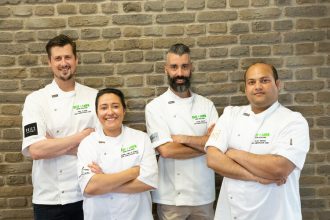Food investigators from Italy believe that they are doing their nation a service by rigidly scanning the world market for ‘fake’ produce. If Italy had its way, there would be no generic parmesan cheese, for instance, just Parmigiano Reggiano—a region-specific cheese produced in Italy with intense governing rules and methods. Inside Europe, geographical origin is fiercely protected, and the hope is that one day this will be an international trend. Europe has long encouraged other nations to adopt their strict rules of banning knockoffs of cheese, wine, sausage, etc., that are not produced in the specific region.
However, manufacturers outside of Europe believe that there is a bit of stubbornness here, as food has evolved significantly since the first recorded block of parmesan was created, or since the first bottle of Champagne was made. The idea is, that while you may need healthy cows and competent workers to make parmesan cheese, you don’t need Italian soil. The Italians, however, believe that the defence of their produce is rooted in a mix of good taste, economics and a sense of upholding culinary commandments. The worry is that not only are they losing money to producers of ‘counterfeit’, but that international markets are becoming accustomed to fake produce, and will no longer desire the original product, or respect its authenticity.
The barest suggestion of change to traditional manufacturers, however, is outrage. Changing the recipe, or the methods even slightly will result in backlash along the lines of “this is no longer product X”. Manufacturers that employ the same techniques seen in the original locations disagree with this and taking the question of labelling and semantics out of it, they believe that their products are comparable.






